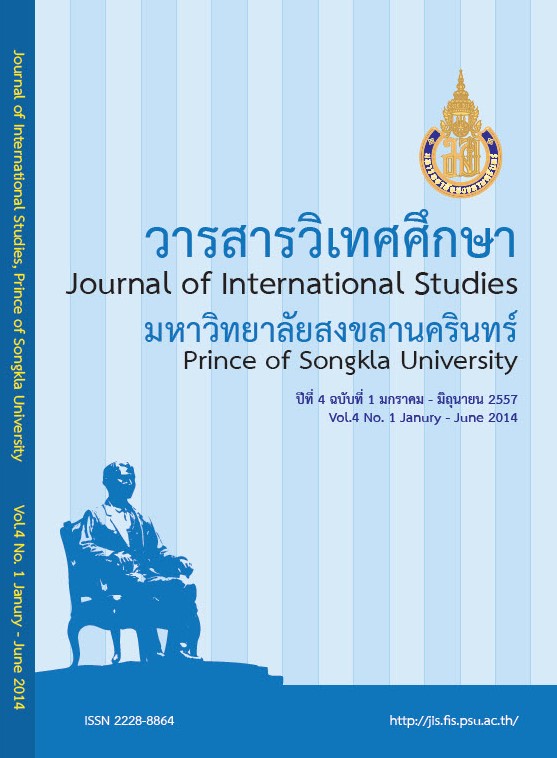Reckoning with the Beast: Animal Theory and its Vicissitudes
Main Article Content
Abstract
Are there any substantial intellectual or ethical challenges posed by the status quo use of animals in modern societies? If so, are formal arguments and philosophical science-fiction the appropriate means with which to address the issue? This article compares theories and argumentative strategies from both of the major traditions of modern Western philosophy, with a view to ascertaining how they relate to each other, and to human agents
concerned with animal welfare. It also examines the role of religion in the sanctification of ideas about the place of animals in the overall scheme of things. Since, for the majority of people, their most frequent interactions with animals occur on the dinner plate, the focus is on so-called ‘food-animals’ and vegetarianism. It is concluded that rationality in ethics should be extended beyond mere appeals to logical consistency, and that the dubious yields of conceptual exercises contrived to ‘test’ moral principles in absurd situations are anathema.
Article Details
Statements and opinions expressed in articles herein are those of the authors and do not necessarily reflect the position of the editors or publisher.
Article, information, text, image, etc. which are published in Journal of International Studies, belong to Journal of International Studies. If anybody or any organization would like to use part or whole of them, they must receive written permission from Journal of International Studies before usage.
References
Bekoff, M. (2010). The Animal Manifesto. Novato: New World Library.
Calarco, M. (2004). “Deconstruction is not vegetarianism: Humanism, subjectivity, and animal ethics”. Continental Philosophy Review, 37, pp. 175–201.
Cavell, S. (2006). “Thinking About and Eating Animals: Reflections on Coetzee’s Lives of Animals”. Kenan Distinguished Lecture in Ethics. Retrieved January 29, 2014, from http://www.youtube.com/user/KenanEthics.
Clark, L. (1997). “On Being ‘the Last Kantian in Nazi Germany’: Dwelling with Animals after Levinas”, in Ham, J. & Senior, M. (eds.). Animal Acts: Configuring the Human in Western History. New York: Routledge.
Derrida, J. (1991). “Eating Well”, in Cadave, E., Connor, P., & Nancy, J. (eds.). Who Comes after the Subject. New York:
Routledge.
Derrida, J. (2002). “The Animal That Therefore I Am (More to Follow)”. Critical Inquiry, 28, pp. 369-418.
Diamond, C. (1978). “Eating Meat and Eating People”. Philosophy, 53, pp. 465-479.
Harrison, J. (2008). “The Vagaries of Vegetarianism”. Ratio, 21, pp. 286 – 299.
Levinas, E. (1997). Difficult Freedom: Essays on Judaism. Baltimore: John Hopkins University Press.
Mamdani, M. (2005). Good Muslim, Bad Muslim: America, the Cold War, and the Roots of Terror. New York: Harmony Books.
Regan, T. (1983). The Case for Animal Rights. Berkeley: University of California Press.
Scarry, E. (1985). The Body in Pain: The Making and Unmaking of the World. Oxford: Oxford University Press.
Singer, P. (1975). Animal Liberation: A New Ethics for our Treatment of Animals. London: Jonathan Cape.
Wolfe, C. (2002). “Ethics, Activism, and the Rise of Interdisciplinary Animal Studies: An Interview with Cary Wolfe”. Topia, 10, pp. 39 – 52.


